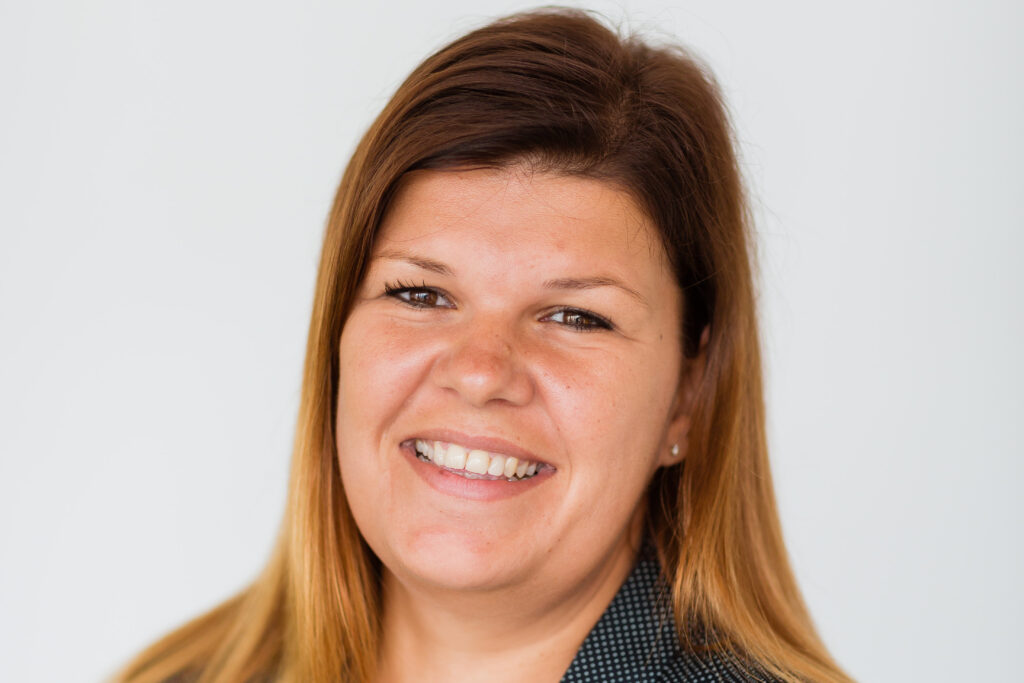More women are looking into courses which are typically male-dominated, according to new research.
A study from online training course provider, findcourses.co.uk, shows the traditional industry gender splits, which indicated more employees of one sex than the other in certain roles, are significantly changing.
By analysing the number of men and women researching its training courses, findcourses.co.uk has determined more women are turning the gender tables and looking to develop their skills in traditionally male-dominated industries.
| Course type | Percentage of women researching course | Percentage of women currently working in profession |
| Electrical Engineering | 80 | 0.1 |
| Hazard and Risk Management | 44 | 25 |
| Logistics and Transport | 43 | 22 |
| Oil and gas + oil and gas safety | 36 | 20 |
| Construction industry skills | 30 | 13 |
One of the biggest developments observed is the increase in women undertaking electrical engineering courses. In the last year alone, the number of females researching the course has risen by 85 per cent.
Comparably, the number of men looking into these qualifications has fallen dramatically by nearly 80 per cent.
An impressive 80 per cent of all enquiries now come from women, which is especially promising as only 0.1 per cent of electricians are women.
A number of factors are believed to have contributed to this trend, such as more schools and universities making intentional efforts to inspire women to enter the field. Many professional organisations are also partnering in these efforts too.
While the industries of logistics and transport and oil and gas typically have an 80 per cent male workforce, it is reassuring to see 43 per cent and 36 per cent of interest in courses focused on these industries is coming from women, as figures over the last year show.
A surge of women
This surge in women looking to oil and gas training may be influenced by the decline in crude prices three years ago, encouraging many major oil companies to modernise outdated business models and create more opportunities for women.
Another industry that women are beginning to make headway in is construction. Although seeing a female worker on a building site still might seem like a rarity, 30 per cent of research into construction-related courses came from women this year.
It’s not just women bucking the trend either. While it is estimated around 70 per cent of administration workers are women, findcourses.co.uk’s data suggests nearly 40 per cent of the people currently undertaking office admin training are men.
Liza Andersin, Head of HR for findcourses.co.uk, commented that the data shows a positive trend. However, it has also highlighted there is still work to be done to ensure industries encourage equal numbers of both men and women to join their workforces,
‘The recent media coverage of the gender pay gap has catapulted the issue of equality in the workplace firmly to the forefront of business’ minds. It’s empowering to see women taking action to break into more typically male-dominated industries.’
Leading the way for women
SmallBusiness.co.uk spoke to two women who work in male-dominated environments about their experiences and the changes they’d like to see in their respective industries.
Alice White, junior fund manager – Samuel & Co
Alice has always had an interest in maths and wanted to pursue a career in finance, leading her to fund management. She advocates the power of self-belief.

I’ve always really enjoyed maths and economics, so it was a natural progression for me to move into a financial career. I started at the broking arm of a large investment bank which was a very male-dominated environment, as expected.
It didn’t put me off – the sixth form I went to was an all-boys catholic school where the sixth form was mixed. We had a very low girl count and I was used to being the only girl – if not one of two – in the class. So, for a few years that got me used to being in a male-dominated environment.
There are so many factors that can affect an individual’s ability: family, friends, where you live, your health. I strongly believe that gender should not be one of them.
Both males and females should be treated equally based on the work that they do. That should ultimately be the deciding factor of how their career progresses.
Some aspects, particularly in finance, come down to personality traits. Women feel less comfortable in a male-dominated workplace. I notice that when I’m in that kind of environment, I work harder and push myself to prove that I am as good as them and I can do what they do just as well. I’m probably one of the few that feel like that.
Issues around maternity leave
I know a couple of women who have definitely been more qualified, if not more experienced, than their boss. However, because they’ve had children and had to take time off for that, they stagnate. It actually resulted in these two women leaving their jobs to try and progress in other companies.
They’d been there for so long and had the maternity leave and the company thinks, ‘When’s the next child going to come?’ and they can’t move forward.
It’s unspoken, but you could see it happening in front of your eyes.
Positive action from businesses and schools
Companies could do a lot. Even just employing more women would help them to feel more comfortable. During interview processes, a lot of women feel more comfortable being interviewed by a woman as well.
Externally, schools need to broaden the knowledge that they’re giving students. They need to let young people know what is achievable, and that girls shouldn’t be put off by all-male environments. If women went into schools and spoke of their experiences and how they weren’t put off, that’d be encouraging.
Some women are getting more confident. Having some females in the financial industry shows that they can do it and they’re not any less of a person or any less able.
My advice for women and girls who want to go into finance is to believe in yourself and your capabilities, to work hard and ultimately enjoy the work that you do. Self-belief is a really powerful tool in any industry.
In finance it’s especially powerful because the industry is known for being fast-paced, highly competitive and male-dominated, so if you know you want a career in finance, you’ve just got to keep pushing until you get it.
Ewa Ambrosius, structural engineer – Thomasons
Ewa grew up in Poland before she came to the UK to work in structural engineering. She was told she wouldn’t graduate from her university engineering course because of her gender. Thankfully, ideals are changing.

The problem is that there aren’t enough women graduating, so there aren’t enough women in the engineering industry full stop. We need to get more females going into university.
At my company, we do work placements. When girls come in we try to encourage them, getting them used to being surrounded by quite a few men. Obviously, we need to do more at school, like giving presentations. We do some of that too. Bigger companies have more budget to do that, but it should be a combined effort to improve the industry.
The number of women in engineering is affected by a mixture of internal and external factors. I work in a consultancy, so I’m based in an office which is comfortable. When you’re on-site you do very long hours in very difficult conditions. You are being put on different sites, so it could be six months in one place and then you’re somewhere else, 200 miles up north. It’s less than ideal if you’ve got a family. Unfortunately, that really can’t be avoided.
In terms of employment rights, there’s no difference between men and women in my experience.
Over seven times as many male engineers
You do need a certain personality if you want to go into this industry. We’ve got a couple of women admin staff but it’s two female engineers alongside 15 male engineers which can be quite intimidating if you don’t have the character to take it on. That’s just the reality of the industry.
My education was in Poland and I was really lucky that my high school was open-minded with a good set of teachers, but I went to a university where some of the lecturers were very old school. They bluntly told the girls that they won’t graduate. You kind of have to laugh it off and carry on.
The situation is changing – when I go to sites I see more and more women. We’re heading in the right direction, it just takes a bit of time for people to adjust. Equality is moving on and women realise there’s no limitation, really – why shouldn’t they do something they’re interested in?
This isn’t industry-related, but as a country we don’t have enough flexible working available. Most offices are 9-5 and when you do have a family, it’s a long day. Working from home and having that bit of flexibility would help.
If you want to go into the engineering industry, build a bit of resilience and don’t get discouraged and let things get to you personally. When you drive past buildings that you designed, it feels so good. Just go for it.





